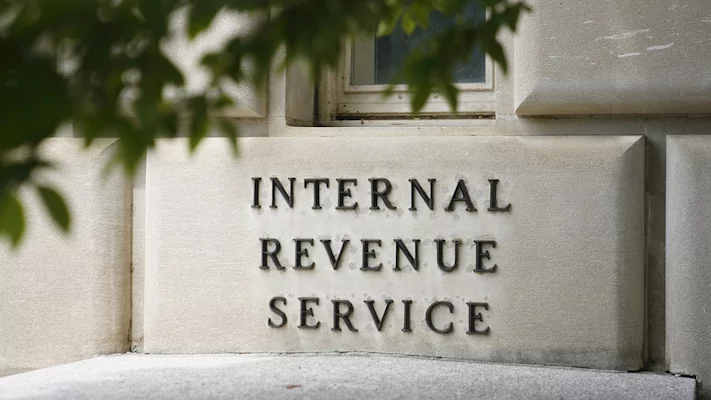The IRS has granted individuals and businesses across multiple states and counties hit by disasters in recent months extra time to file their income taxes and make tax payments.
While the national tax filing deadline is April 15, filers in several states and counties across the country have been granted extensions due to extreme weather and disasters that have wrecked their areas.
Here’s everything you need to know about the tax extensions and how to take advantage of the policy.
What are the extensions?
The extensions are possible due to disaster declarations issued by the Federal Emergency Management Agency. They apply to federal individual and business tax returns. Each relaxed deadline also applies to tax payments.
When are the new deadlines? And who do they apply to?
Taxpayers from nine states that were affected by FEMA disaster declarations have an automatic May 1 deadline to file 2024 tax returns.
Taxpayers in the entire states of Alabama, Florida, Georgia, North Carolina, and South Carolina have an automatic May 1 deadline for 2024 tax returns.
The May 1 deadline also applies to Alaska residents in the city and borough of Juneau and New Mexicans in Chaves County.
The same deadline applies to multiple Virginia counties: Albemarle, Appomattox, Bedford, Bland, and Botetourt counties; Bristol City; Buchanan, Buckingham, Carroll, and Charlotte counties; Covington City; Craig County; Danville City; Dickenson and Floyd counties; Galax City; Giles, Grayson, Greene, Lee, Madison, Montgomery, and Nelson counties; Norton City; Patrick, Pittsylvania, and Pulaski counties; Radford City; Roanoke City; Roanoke, Russell, Scott, Smyth, Tazewell, Washington, Wise, and Wythe counties.
In Tennessee, Carter, Claiborne, Cocke, Grainger, Greene, Hamblen, Hancock, Hawkins, Jefferson, Johnson, Sevier, Sullivan, Unicoi, and Washington counties have until May 1 to file taxes.
Residents in Los Angeles County, California, have until Oct. 15 to file their taxes, due to the fires that devastated the region in January.
All Kentucky residents have been given until Nov. 3 to file their taxes due to severe weather that has shaken the state.
The same deadline applies to 12 West Virginian counties: Boone, Greenbrier, Lincoln, Logan, McDowell, Mercer, Mingo, Monroe, Raleigh, Summers, Wayne, and Wyoming counties.
What happens if you still get a late filing or payment penalty?
If a taxpayer receives a late filing or a payment penalty despite living in an area that received an extension, they should call the number on the notice they receive in order to have the penalty removed, the IRS said.
“In addition, the IRS will work with any taxpayer who lives outside the disaster area but whose records necessary to meet a deadline occurring during the postponement period are located in the affected area,” the IRS said.
Taxpayers can contact the agency at 866-562-5227.
What happens if you miss the tax deadline?
The standard penalty for people who miss the deadline is 5% of the tax due for every month the return is late, or up to 25% of the unpaid balance.

MIKE JOHNSON CHALLENGES TRUMP-BACKED IDEA OF TAXING MILLIONAIRES: ‘NOT A BIG FAN’
How to file your taxes for free
Residents in several of the areas granted extensions have access to the IRS’s new Direct File program, which allows eligible taxpayers to prepare and file their federal tax returns online for free.
Taxpayers in California, Florida, Tennessee, Alaska, New Mexico, North Carolina, and several other states, can use the Direct File program. Filers also have access to live customer support from an IRS Direct File representative.


